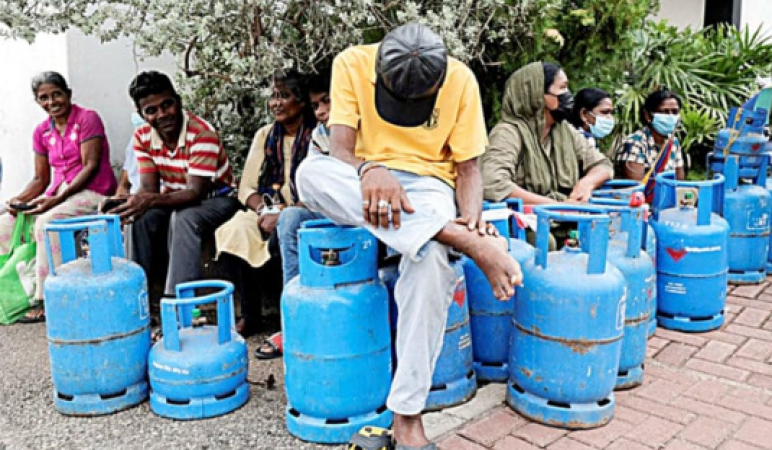
COLOMBO: Sri Lanka on Monday launched a new round of austerity measures, as new taxes and higher electricity prices kept the government from hiring as the country's leaders sought an IMF bailout.
The island nation in the Indian Ocean must achieve debt stability before it can receive a $2.9 billion bailout from the Washington-based lender after defaulting in April.
Additionally, Colombo has been urged by the IMF to downsize its 1.5 million-strong public workforce, drastically increase taxes, and sell money-losing state-owned businesses.
Also Read: Death toll rises to 19 from prison attack in Mexican border town
A record 20,000 civil servants retired at the end of December, eight times more than normal, after President Ranil Wickremesinghe lowered their retirement age from 65 to 60, according to the Ministry of Public Administration. According to the ministry, they will not be replaced.
To boost state revenues, personal income and corporate taxes were doubled on 1 January, and electricity prices increased by 65%, following a 75% tariff increase in August.
Despite the resumption of fuel, food and fertilizer supplies, Wickremesinghe, who took office after Gotabaya Rajapaksa left the country and resigned in July as a result of months of protests, claimed the crisis was still ongoing.
Also Read: New Year's Eve attacker turns out to be linked to terrorism
On the first day of work of the year, he informed his employees that "our problems are not resolved yet."
If we want to move forward, we need to reduce our debt load.
Important creditors such as China and India have yet to publicly say whether they have agreed to a "haircut" on their debt to the South Asian country.
The Finance Ministry has also banned unauthorized capital expenditure as part of the new measures.
According to a ministry official, any official who clears investments worth more than 500 million rupees ($1.38 million) without first getting approval from the treasury will be held personally responsible.
Also Read: Indian-American Democrat Juli Mathew takes oath as Texas county judge
At the height of the economic crisis six months ago, drivers had to line up for days to refuel their vehicles, while the country experienced 13-hour power cuts and food inflation reached nearly 100%.